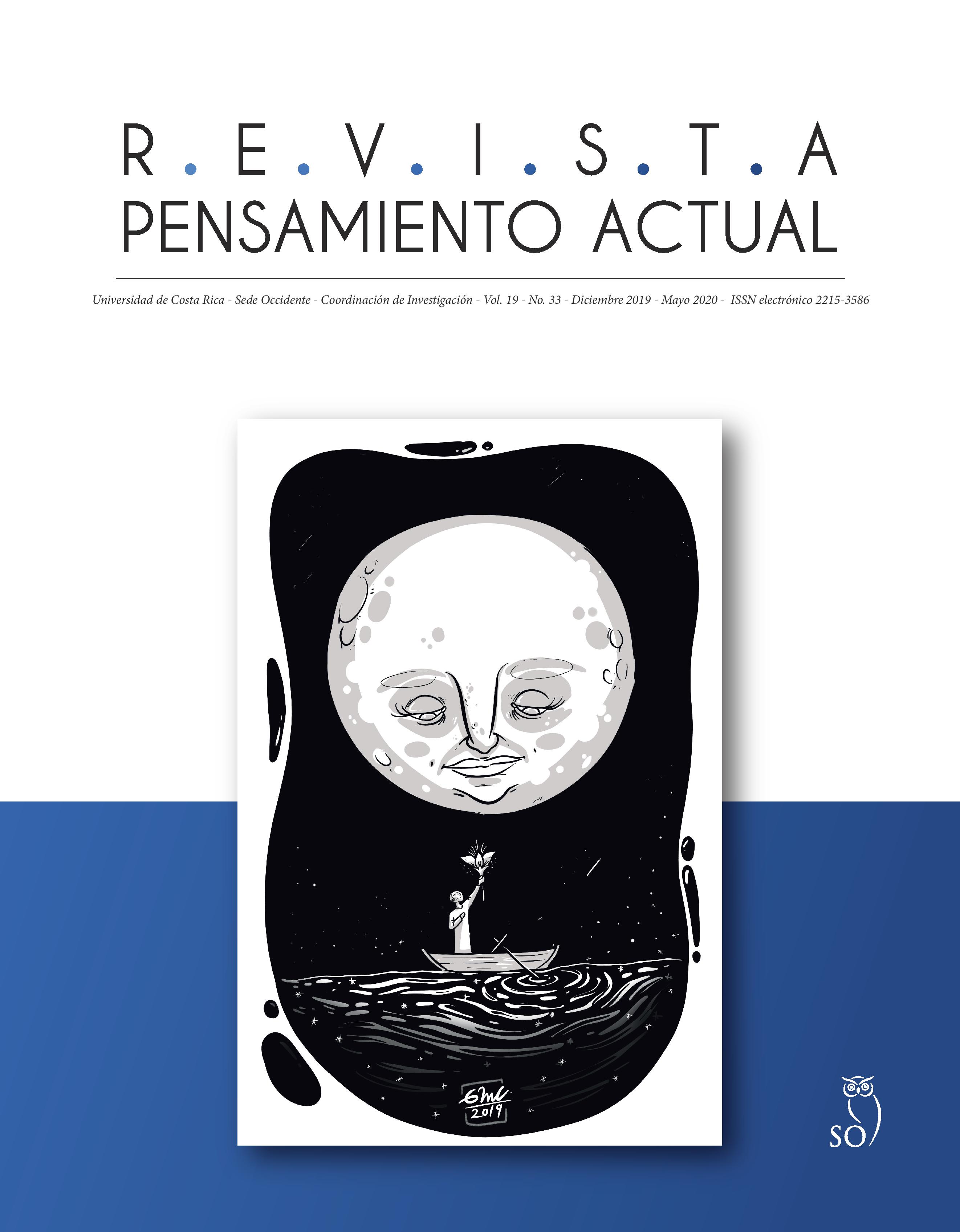Abstract
The rapid advances in the field of artificial intelligence (AI) in recent decades highlight the need to incorporate ethical criteria of responsibility. This incorporation will allow the approach of a responsible artificial intelligence (IAR) that will have to be based on the formulation of a new humanism. It is understood that from a technological humanism the IAR could be promoted in the current technological context. The challenges of the AI impose the imperative to pose a humanism of this type that assumes a commitment with a view to the future. In that sense, technological humanism represents the demand for a time of technological challenges and at the same time an inescapable premise in the IAR's approach. It is a premise for responsibility before a time of demands that can not be avoided. The important and profound advances that the field of technology has experienced place us in front of a novel scenario for humanity that demands a new contextualization of humanism. At the same time, this technological humanism is critical because it is aware of the limit and its conditioned condition, that is, of its position of scarcity that invites it to imagine what it can be and how far it can go. This invitation allows us to understand that the limits are not located in a negative plane, but rather as a sighting of the positive side of technology as a space from which to make possible the human flowering and a new way of working human.

